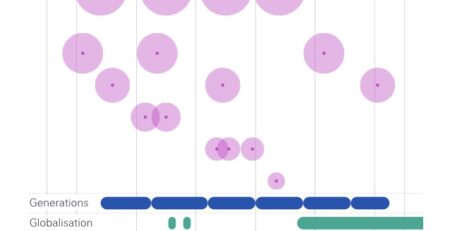Amicus Brief of National Employment Lawyers Association in Advocate Health Care Network v. Stapleton
By Matthew C. Koski, Brian Wolfman (Georgetown University) & Wyatt Gregory Sassman (Charleston School of Law)
The Employee Retirement Income Security Act of 1974 (ERISA) governs the conduct of employers that offer pensions and certain other benefits to their employees. In enacting the law, “Congress’s primary concern was with the mismanagement of funds accumulated to finance employee benefits and the failure to pay employees benefits from accumulated funds.” Gobeille v. Liberty Mut. Ins. Co., 136 S. Ct. 936, 946 (2016) (quoting Massachusetts v. Morash, 490 U.S. 107, 115 (1989)). To that end, ERISA “protect[ed] . . . the interests of participants in private pension plans . . . by requiring them to vest the accrued benefits of employees with significant periods of service, to meet minimum standards of funding, and by requiring plan termination insurance.” 29 U.S.C. § 1001(c).
Congress subjected all but one type of private employer to ERISA. The only categorical exemption is so-called “church plans,” which includes, as the name suggests, plans established by churches for their employees. See 29 U.S.C. §§ 1002(33), 1003(b)(2).
In Advocate Health Care Network v. Stapleton, No. 16-74, the U.S. Supreme Court is considering the breadth of the church-plan exemption. The petitioners in the cases before the Supreme Court are not churches. Rather, they are large hospitals that are affiliated with churches, but are separate corporations that do not derive financial support from a church. Two of them have tens of thousands of employees, all of whom work for the hospitals not for any church. The question presented, as posited by the hospitals seeking to establish a broad understanding of the exemption, is: “whether the church plan exemption applies so long as a pension plan is maintained by an otherwise qualifying church affiliated organization, or whether the exemption applies only if, in addition, a church initially established the plan.”
The National Employment Lawyers Association (NELA) has filed the attached amicus brief on the side of the respondent hospital employees. Its brief argues that ERISA’s legislative history does not support exempting from ERISA pension plans established and maintained by large hospitals simply because the hospitals are church-affiliated. The brief also argues that Congress’s key purpose in enacting the church-plan exemption — avoiding government intrusion into churches’ books and records — would not be served by exempting large hospitals from ERISA.
Notably, the principal first-line drafters and researchers of this brief are third-year law students in Georgetown Law’s Appellate Courts Immersion Clinic: Lisa Bender, Anna Deffebach, and Madeline Meth. NELA attorney Matthew Koski, Clinic fellow Wyatt Sassman, and Clinic students Meghan Breen, Ellen Noble, and Hali Kerr also played a role in crafting and producing the brief.
Full Content: SSRN










